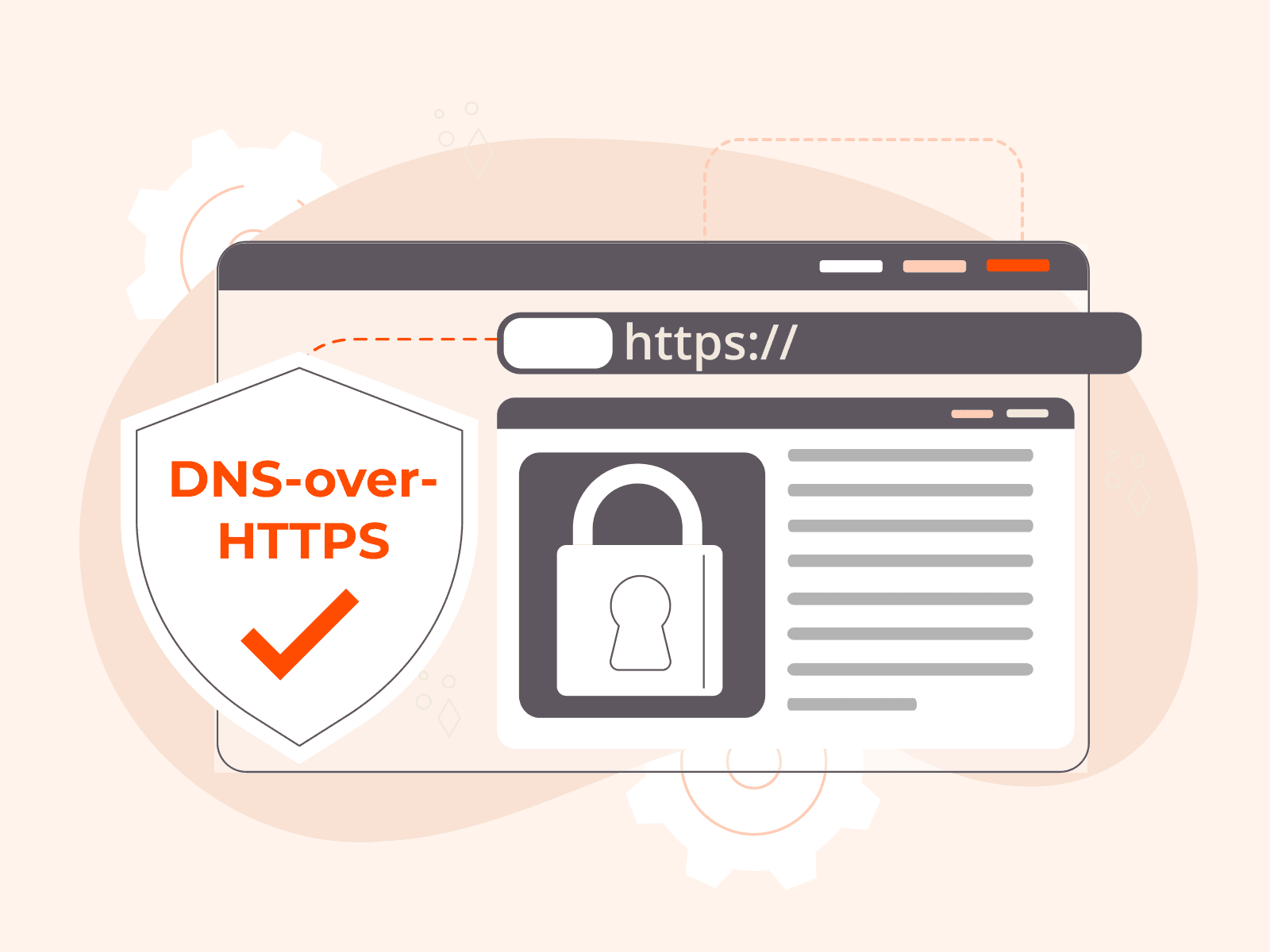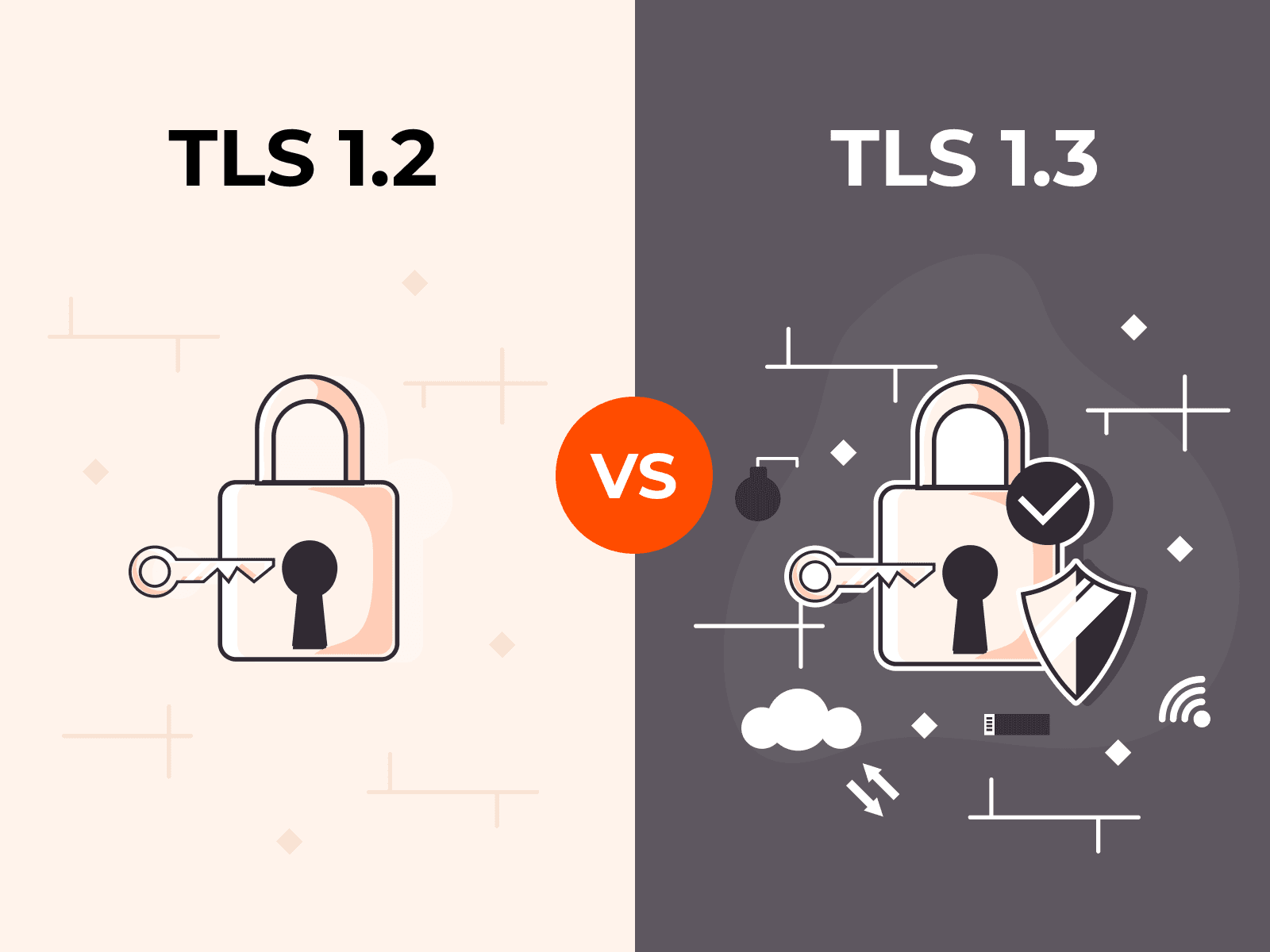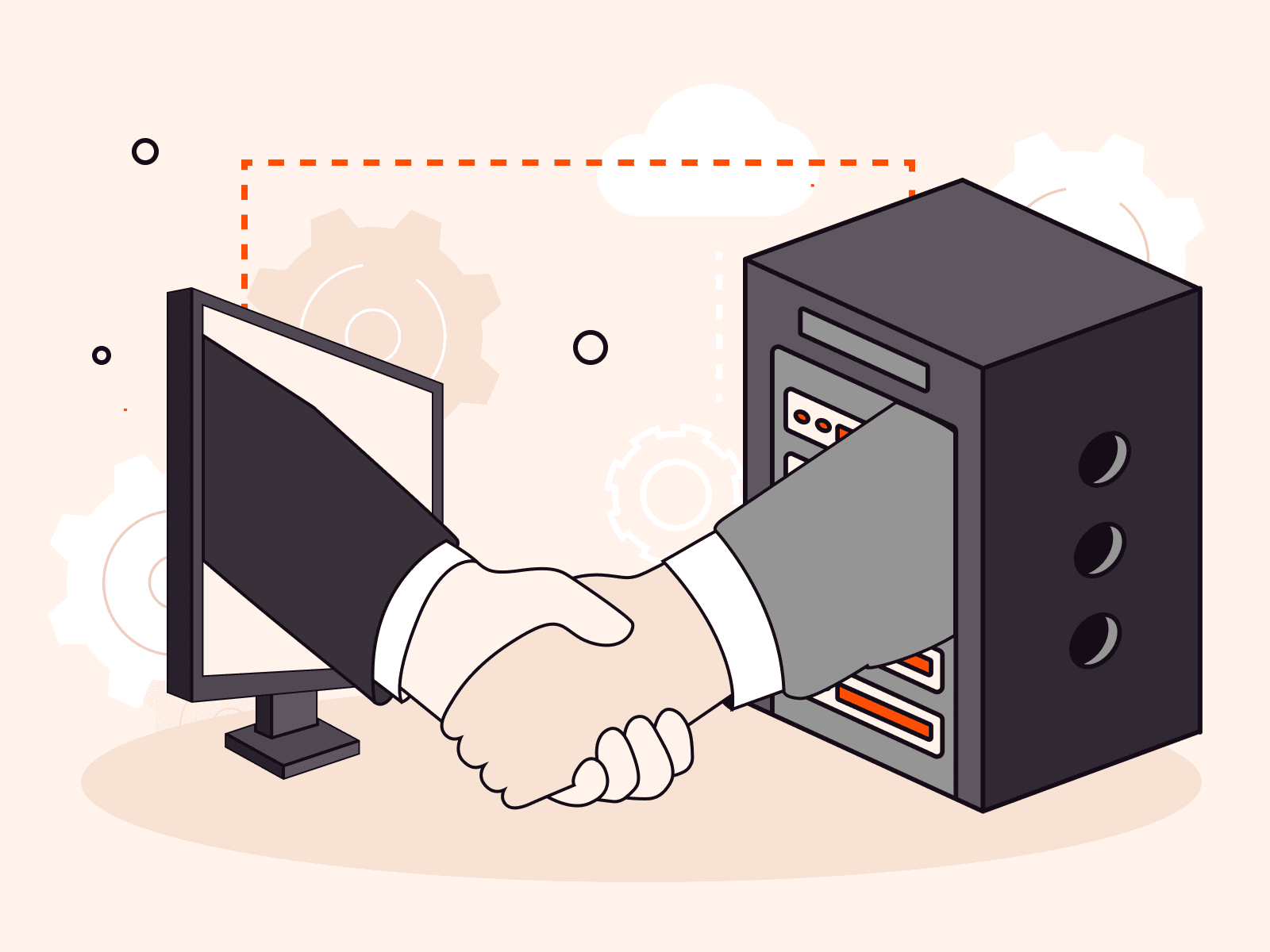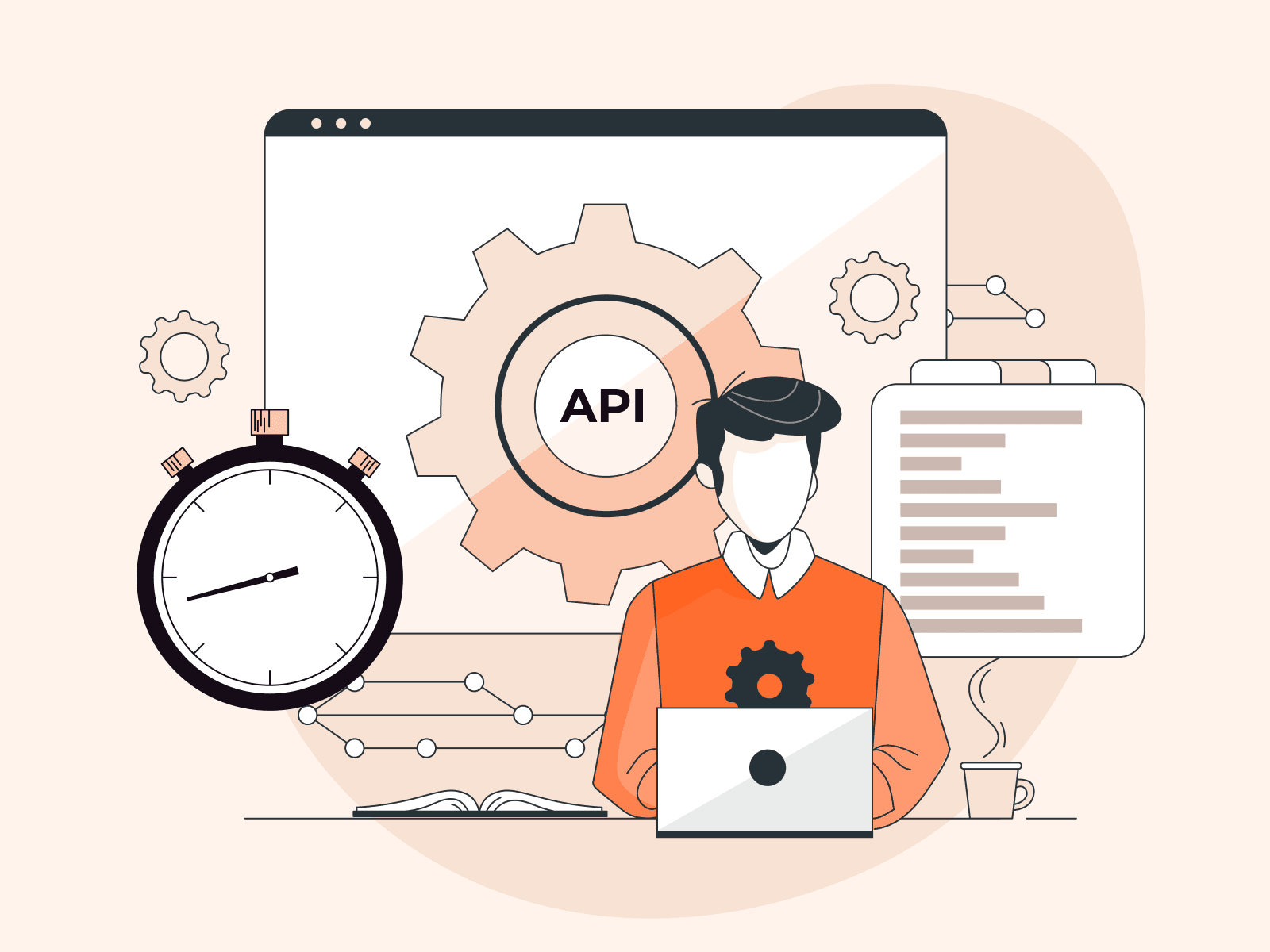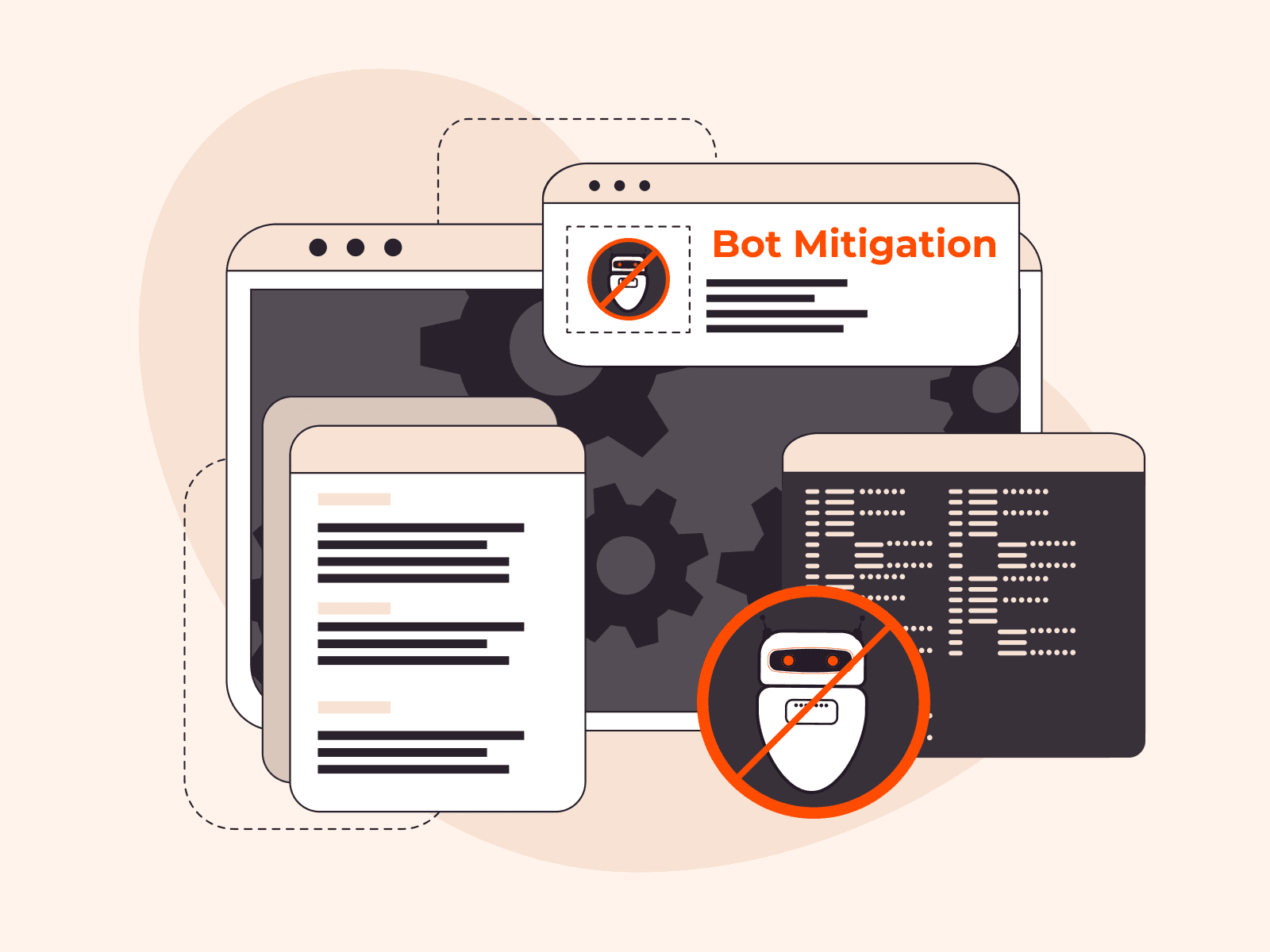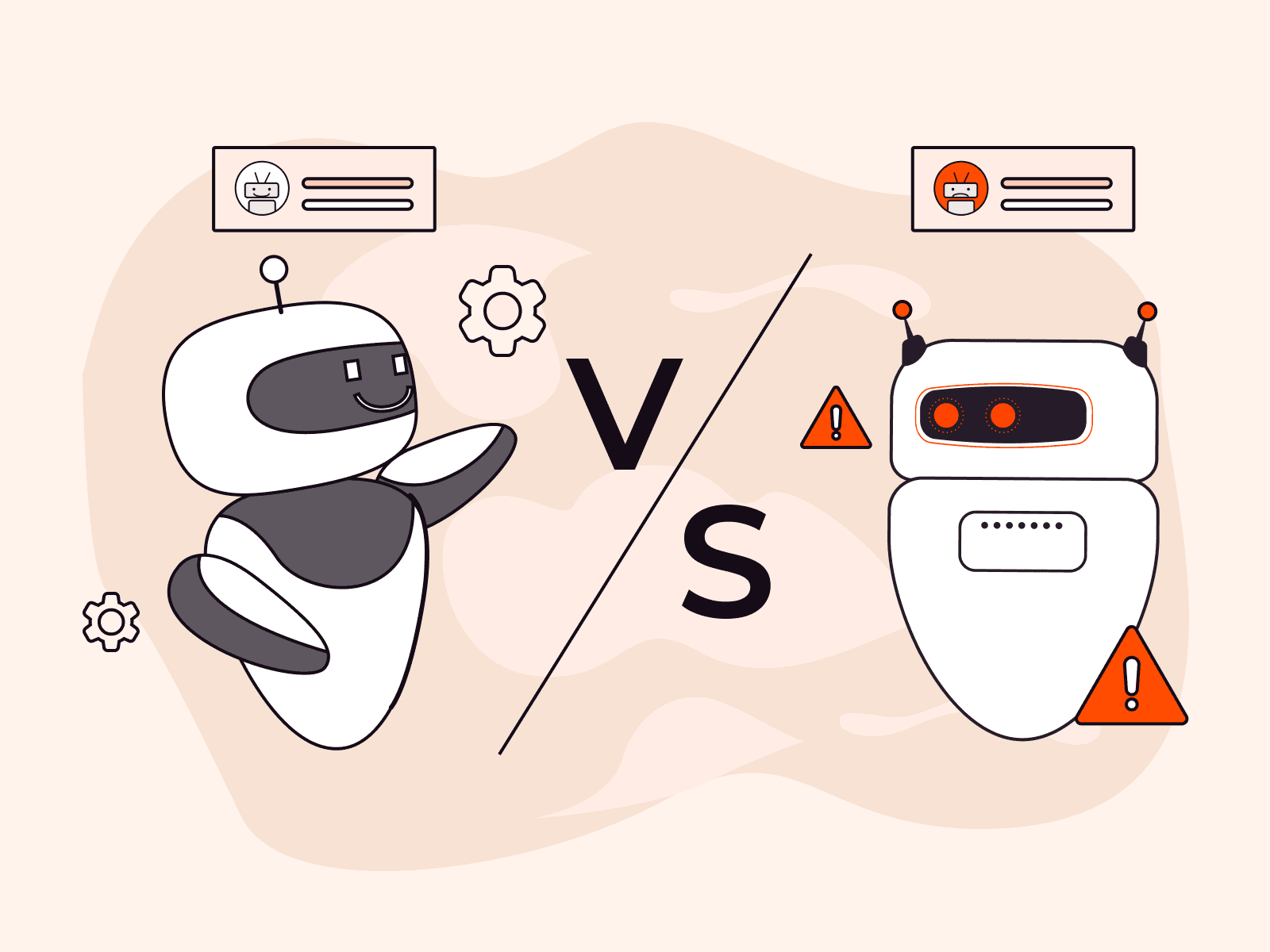Financial technology (fintech) companies are changing how people manage and access their finances through innovative solutions. Since fintech companies are online services, they and the financial entities they serve are attractive targets for cyberattacks—particularly distributed denial-of-service (DDoS) attacks, which aim to overwhelm systems, leading to service disruptions and potential data breaches. This article explores the growing threat of DDoS attacks against fintech businesses, analyzing the motivations behind them, their impact on business, and effective mitigation strategies.
Why Are DDoS Attacks Launched Against Fintech Companies?
Fintech businesses and the financial services they enable are increasingly becoming targets for all kinds of cyberattacks, including distributed denial-of-service (DDoS) attacks. A DDoS attack is a malicious attempt to disrupt the normal functioning of a network, service, or server by overwhelming it with a flood of internet traffic. In the context of fintech, this could mean overwhelming banking systems or online accounts with excessive digital traffic, making them temporarily inaccessible to legitimate users.
The appeal of fintech businesses to cybercriminals largely stems from their broad attack surface. With numerous access points through banking systems and online accounts, attackers have many opportunities to launch their attacks. DDoS attacks are often not an end in themselves, but a means to more malicious activities, potentially leading to a data breach.
Motivations for DDoS Attacks Against Fintech Businesses
The motivations behind DDoS attacks vary, but a few key themes emerge when considering their application to the fintech industry. Central to these motivations is financial extortion.
Cybercriminals often use DDoS attacks to cripple a service, subsequently demanding a ransom—often in cryptocurrency—to restore the service. This approach is particularly appealing in the fintech sector due to the value of the transactions involved and the anonymity offered by digital currencies, which reduces the risk of the attackers being traced.
In addition to financial extortion, DDoS attacks are increasingly being used for political and social disruption. They can serve as a form of digital protest, enabling attackers to voice their concerns or fight for a cause they believe in. Since fintech services are frequently accessed by customers, they provide an effective platform for publicizing the attacker’s cause.
Why Fintech Is a Prime Target
Operating in a high-stakes environment, fintech businesses must provide reliable, round-the-clock service. This constant availability, along with a strong emphasis on customer satisfaction, makes them particularly appealing targets for DDoS attacks. Disruptions affect the business’s credibility and reputation, and have immediate, tangible effects on customers.
Fintech’s dynamic nature requires frequent updates to stay competitive and innovative. These constant updates can inadvertently introduce vulnerabilities into their systems, providing potential entry points for DDoS attacks. The vast amount of sensitive data these businesses handle, including financial transactions, further intensifies the potential impact of such attacks.
How Do DDoS Attacks Impact Fintech Businesses?
DDoS attacks can profoundly impact fintech businesses, particularly those with high brand recognition. The first and most immediate impact is the disruption to their operations. Given the 24/7 nature of fintech services, even a brief period of interruption can cause significant inconvenience to customers. If a bank’s website, application, or ATM becomes inaccessible due to a DDoS attack, customers might be unable to conduct their usual financial transactions. DDoS-driven downtime can result in significant financial losses for fintech businesses and their clients.
For example, in December 2022, a major bank experienced the largest cyberattack in its history when its network was flooded with unusually high volumes of data traffic. As a result, customers couldn’t access the bank’s mobile app or website.
The interruption of services caused by DDoS attacks can also lead customers to question the safety of their funds and the organization’s ability to protect them, even though DDoS attacks do not directly compromise customer accounts.
That said, while an organization’s security team is busy mitigating a DDoS attack, cybercriminals may exploit the distraction to infiltrate the systems and extract sensitive data. This can lead to severe consequences for the organization, including potential regulatory penalties if sensitive customer data is compromised. It can also result in negative publicity, damaging the organization’s reputation even further. Consequently, this might prompt customers to turn to competitors, worsening the financial and reputational impact on the affected organization.
How Fintech Businesses Can Mitigate DDoS Attacks
Fintech businesses can stop DDoS attacks from affecting their operations with relatively simple measures.
Write an Incident Response Plan
When faced with a DDoS attack, having an incident response plan ensures you can react swiftly and effectively. This plan should detail the actions to be taken and clearly assign responsibilities and a sequence of execution, ensuring a rapid and effective response.
For example, a fintech company using a third-party DDoS mitigation provider could create a list of questions to ask the provider when an attack is reported to have been attempted. For example, the company could ask whether the attackers were targeting a specific vulnerability or attempting a brute force attack, and if the former, address the vulnerability.
Create Server Redundancy
Server redundancy means maintaining additional, backup servers in various locations. Should one server be compromised, the others can still operate, minimizing disruption. Gcore, for example, extends your infrastructure with nodes at data-scrubbing centers in strategic global locations.
Continuously Monitor with WAF
A web application firewall (WAF) acts as a security gatekeeper between your website or application, and the internet. It scrutinizes every piece of data passing through it, detecting and blocking threats before they reach your system.

Gcore Web Application Security employs machine learning and real-time monitoring to protect users’ credentials. This means that all incoming data is consistently checked for threats. Malicious traffic is simply stopped, leaving resources online and attacks thwarted.
Implement a Layered Defense

DDoS attacks target three of the OSI model’s seven layers. To combat this, a layered defense strategy must include security measures to mitigate attacks at L3, L4, and L7:
- Firewalls to block unauthorized access
- Antivirus and anti-malware software to detect and eliminate harmful software
- Anti-spoofing to prevent identity theft by rejecting packets with fake source IP addresses
Gcore DDoS Protection operates in real time across network layers, offering considerable filtering capabilities.
Partner With a Specialized Provider
Fintech companies often opt to partner with specialized providers to streamline their IT management and reduce operational costs. Choosing an IaaS provider with expertise in DDoS protection can significantly enhance a company’s security posture.
Gcore, a global DDoS protection provider, allows legitimate customers to continue accessing their accounts even during an attack. With a capacity of over 1 Tbps of traffic, Gcore DDoS Protection has a proven track record in withstanding even the most powerful, sustained, and complex attacks.
Conclusion
With DDoS attacks against the financial services industry on the rise, it’s critical to protect your fintech company, the sensitive data you handle, and your customers from DDoS attacks. Understanding why these attacks happen and their possible effects on your business should serve as a strong motivator for implementing and maintaining strong defense measures. In doing so, you can reduce the risk of DDoS attacks against your business, and keep your services dependable for your customers.
If you’re looking to strengthen your defenses against DDoS attacks, Gcore offers a specialized solution tailored to the unique needs of the financial technology industry. Gcore DDoS Protection offers comprehensive security against DDoS attacks, so you can focus on your fintech business.
Related articles
Subscribe to our newsletter
Get the latest industry trends, exclusive insights, and Gcore updates delivered straight to your inbox.

